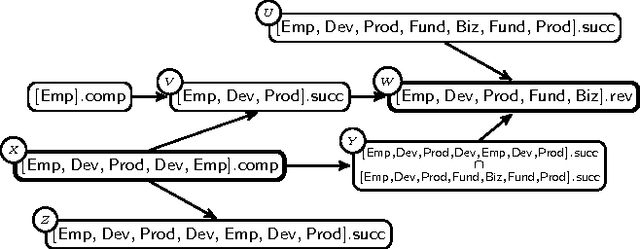Lifted Representation of Relational Causal Models Revisited: Implications for Reasoning and Structure Learning
Paper and Code
Aug 17, 2015



Maier et al. (2010) introduced the relational causal model (RCM) for representing and inferring causal relationships in relational data. A lifted representation, called abstract ground graph (AGG), plays a central role in reasoning with and learning of RCM. The correctness of the algorithm proposed by Maier et al. (2013a) for learning RCM from data relies on the soundness and completeness of AGG for relational d-separation to reduce the learning of an RCM to learning of an AGG. We revisit the definition of AGG and show that AGG, as defined in Maier et al. (2013b), does not correctly abstract all ground graphs. We revise the definition of AGG to ensure that it correctly abstracts all ground graphs. We further show that AGG representation is not complete for relational d-separation, that is, there can exist conditional independence relations in an RCM that are not entailed by AGG. A careful examination of the relationship between the lack of completeness of AGG for relational d-separation and faithfulness conditions suggests that weaker notions of completeness, namely adjacency faithfulness and orientation faithfulness between an RCM and its AGG, can be used to learn an RCM from data.
 Add to Chrome
Add to Chrome Add to Firefox
Add to Firefox Add to Edge
Add to Edge